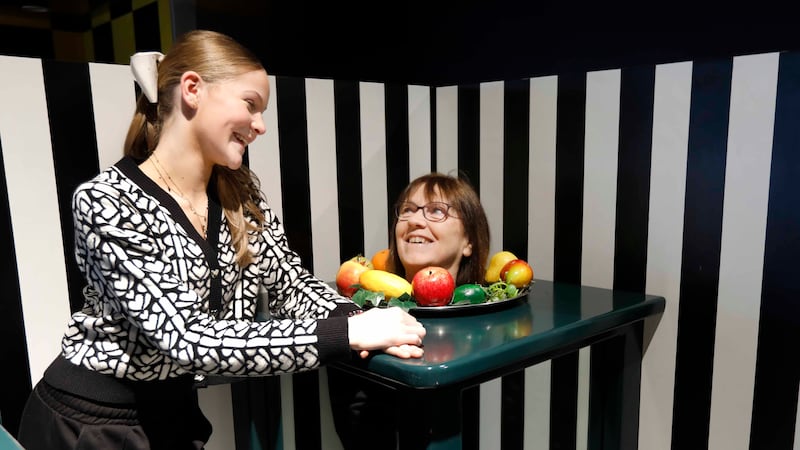Americans James Rothman and Randy Schekman and German-born researcher Thomas Suedhof have won the 2013 Nobel Prize in medicine for discoveries on how key substances are transported within cells, a process involved in such important activities as brain cell communication and the release of insulin. Their research shed new light on how tiny bubbles called vesicles act as cargo carriers inside cells.
This traffic control system ensures that the cargo is delivered to the right place at the right time and keeps activities inside cells from descending into chaos. Defects can be harmful, leading to neurological diseases, diabetes and disorders affecting the immune system.
“Imagine hundreds of thousands of people who are traveling around hundreds of miles of streets; how are they going to find the right way? Where will the bus stop and open its doors so that people can get out?” Nobel committee secretary Goran Hansson said. “There are similar problems in the cell.”
The winners’ discoveries in the 1970s, 1980s and1990s have helped doctors diagnose a severe form of epilepsy and immune deficiency diseases in children, Mr Hansson said.
In the future, scientists hope the research could lead to medicines against more common types of epilepsy, diabetes and other metabolism deficiencies, he added.
Dr Schekman called the prize a wonderful acknowledgement of the work he and his students had done and said he knew it would change his life. In the 1970s, Dr Schekman discovered a set of genes that were required for vesicle transport, while Prof Rothman revealed in the 1980s and 1990s how vesicles delivered their cargo to the right places.
Also in the 1990s, Dr Suedhof identified the machinery that controls when vesicles release chemical messengers from one brain cell that let it communicate with another. “This is not an overnight thing. Most of it has been accomplished and developed over many years, if not decades,” Dr Rothman said.
Dr Rothman said he lost grant money for the work recognised by the Nobel committee, but he will now reapply, hoping the Nobel prize will make a difference in receiving funding.
Dr Suedhof said: “I got the call while I was driving and like a good citizen I pulled over and picked up the phone,” he said. “To be honest, I thought at first it was a joke. I have a lot of friends who might play these kinds of tricks.”
The medicine prize started this year’s Nobel announcements. The awards in physics, chemistry, literature, peace and economics will be made by this week and next.
Dr Rothman and Dr Schekman won the Albert Lasker Basic Medical Research Award for their research in 2002 — an award often seen as a precursor of a Nobel Prize. Dr Sudhof won the Lasker award this year.
Last year’s medicine award went to Britain’s John Gurdon and Japan’s Shinya Yamanaka for their contributions to stem cell science.
















